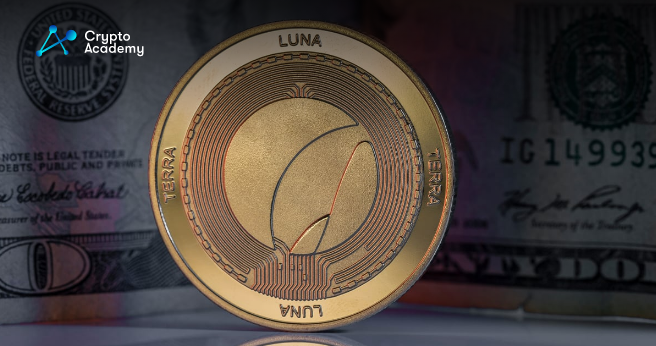A recent Seoul Southern District Court ruling declared that LUNA, the native token of the Terra ecosystem, is not a security. The decision is notable as other courts have not been clear on whether Luna is a securities token or not.
The court’s ruling stated, “It is difficult to view LUNA Coin as a financial investment product regulated by the Capital Markets Act.” This decision comes as a relief to Terraform Labs co-founder Shin Hyun-Seong, who was facing charges of violating the Capital Markets Act and the Electronic Financial Transactions Act.
The prosecution’s Claims Rejected
The court also rejected multiple requests from prosecutors to issue an arrest warrant for Shin and other executives and claims to confiscate his properties. The court stated, “it is difficult to see that the property subject to the claim is a property acquired by a crime or an asset derived from it.”
While the South Korean court has ruled that LUNA is not a security, regulators in the United States have sued Terraform Labs, and co-founder Do Kwon for securities violation. Both parties have been accused of offering and selling unregistered securities through crypto. Kwon has reportedly been evading authorities and was recently arrested in Montenegro.
The Future of LUNA in South Korea
The South Korean court’s decision has clarified the status of LUNA in the country. The ruling can potentially positively impact the use and adoption of LUNA by businesses and individuals in South Korea.
The Seoul Southern District Court’s ruling that LUNA is not a security is a significant development for Terraform Labs and the wider crypto industry. It is expected to provide some guidance on the classification of tokens in South Korea and potentially influence regulatory approaches in other jurisdictions. However, the lawsuit against Terraform Labs and Do Kwon in the United States highlights the need for companies to comply with regulatory requirements in all jurisdictions where they operate.

